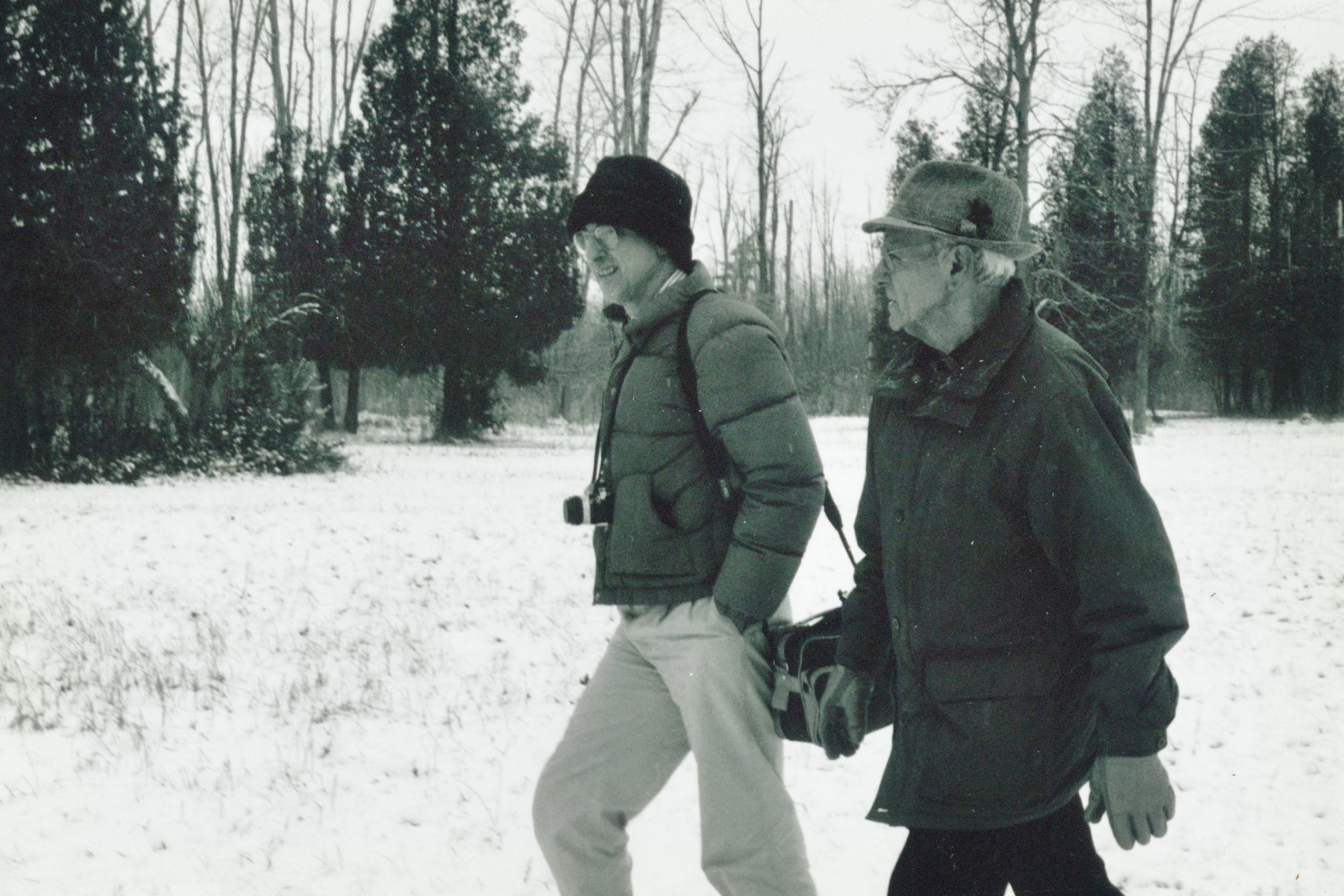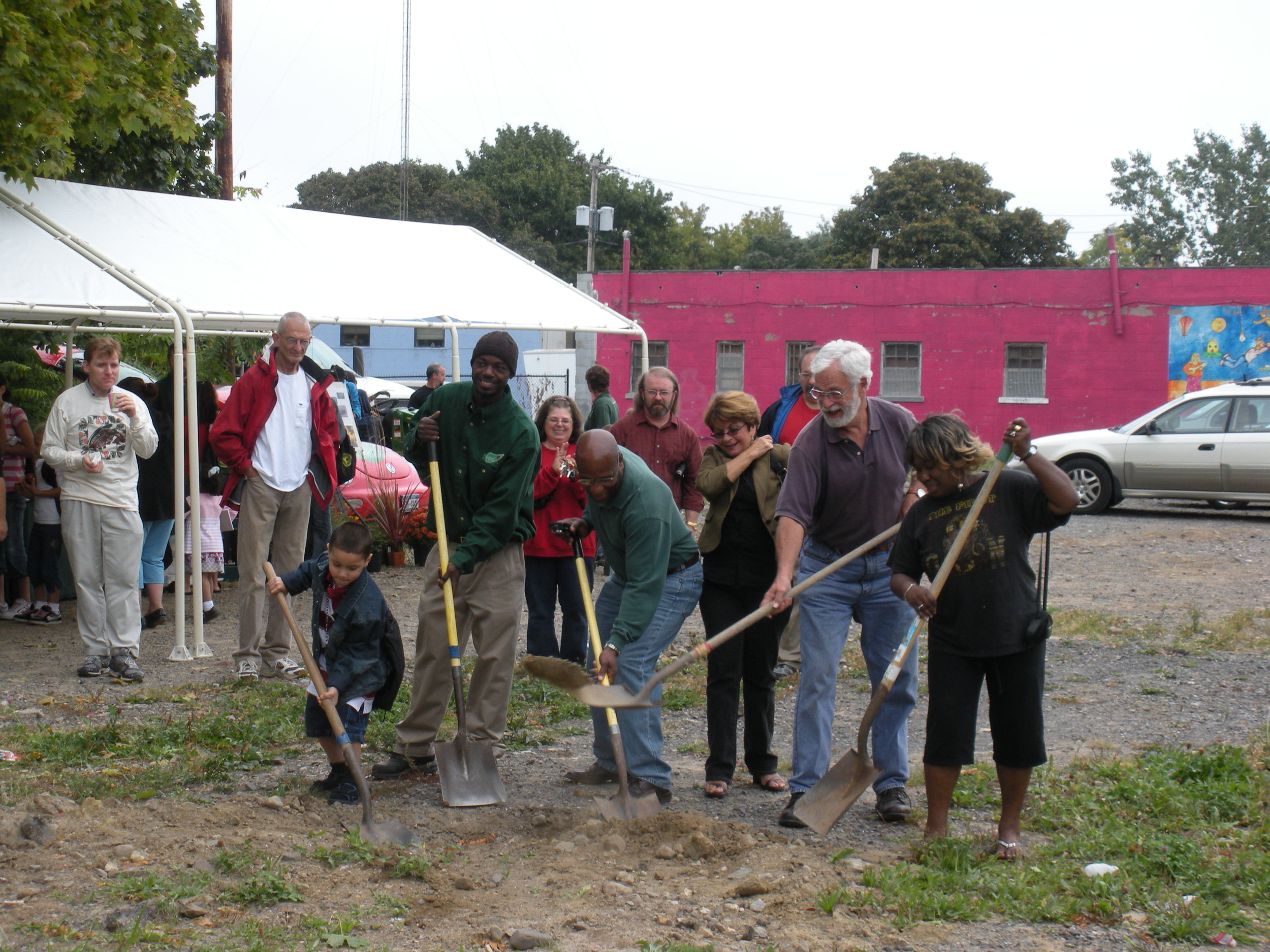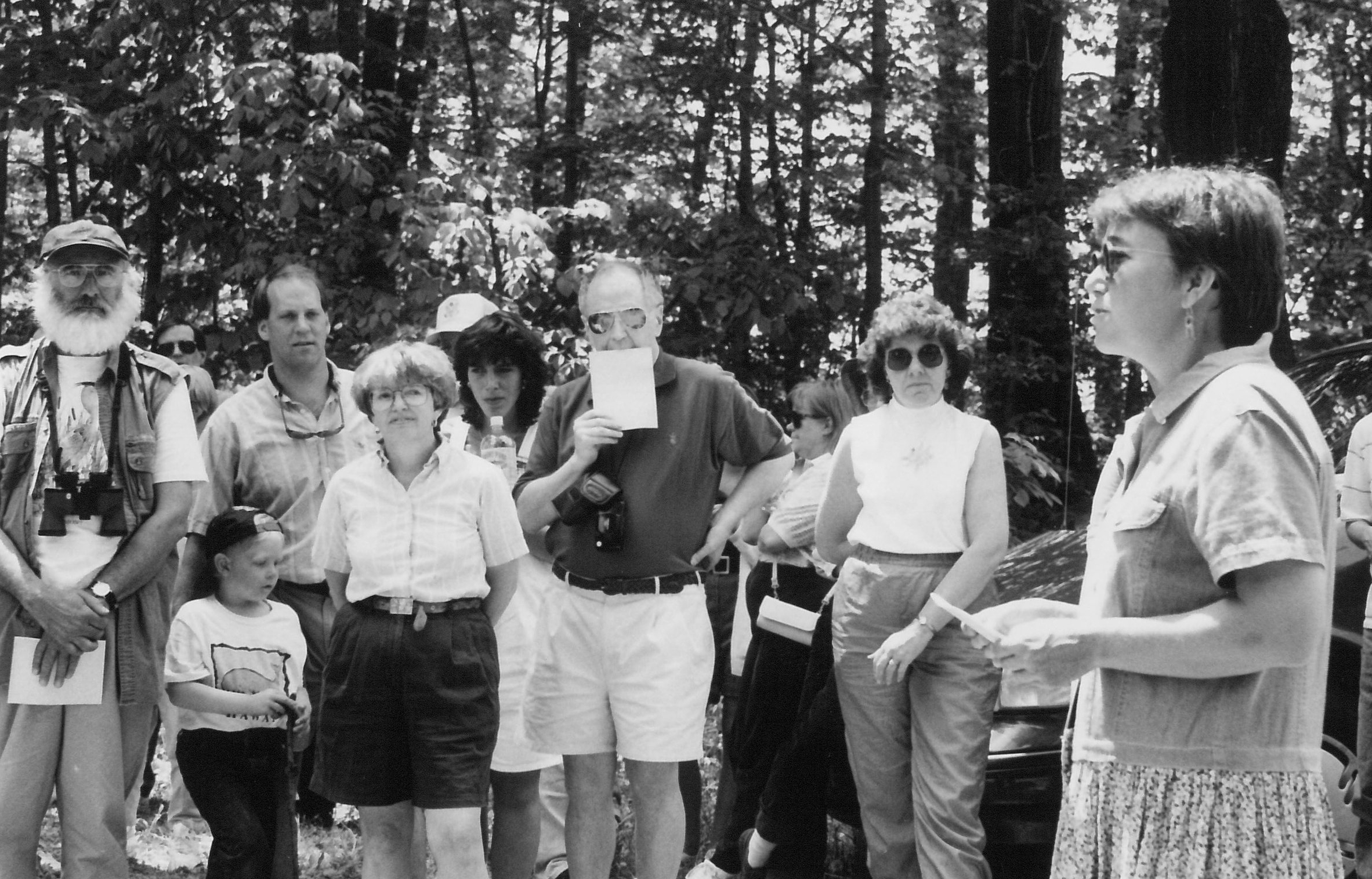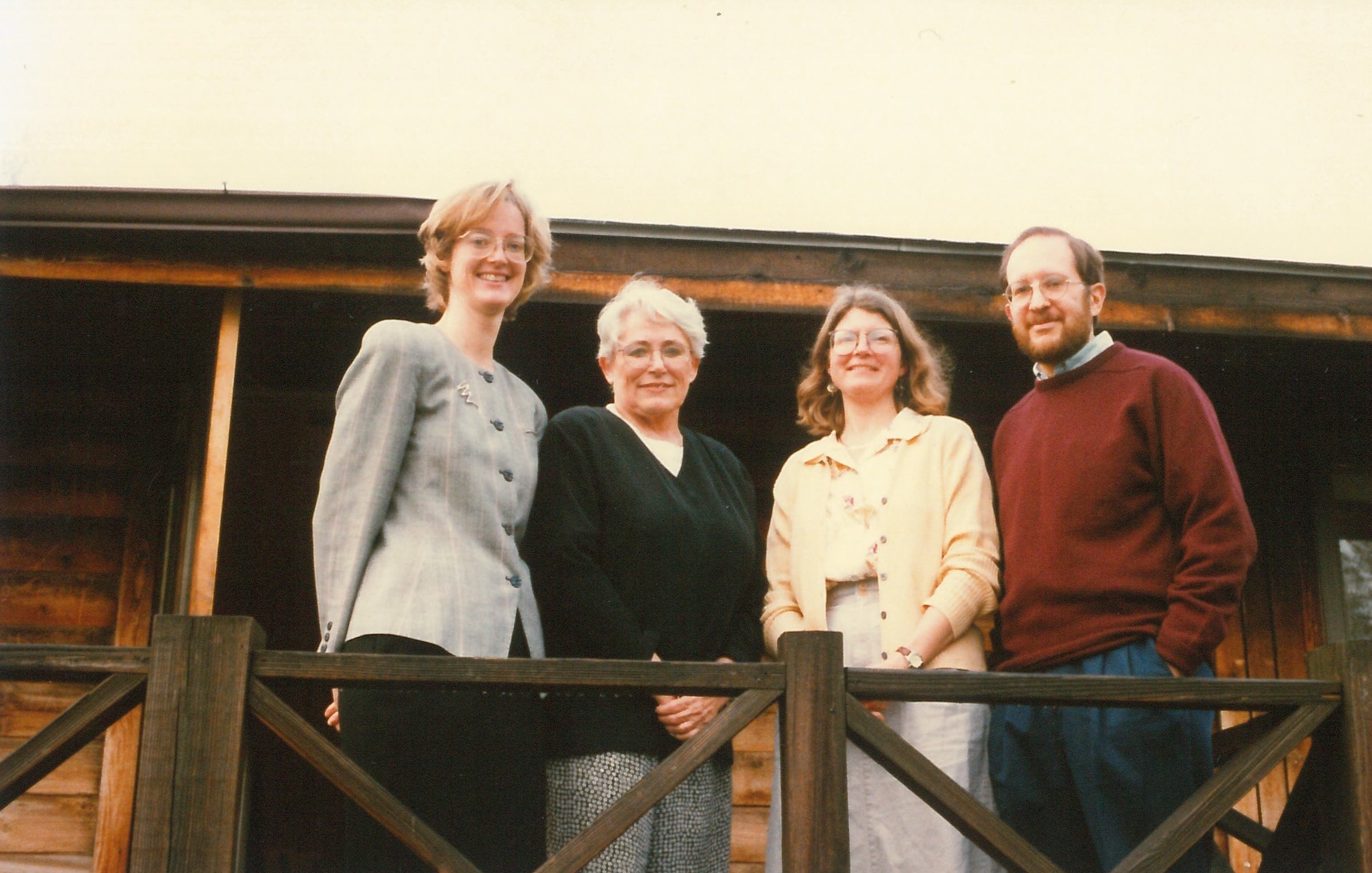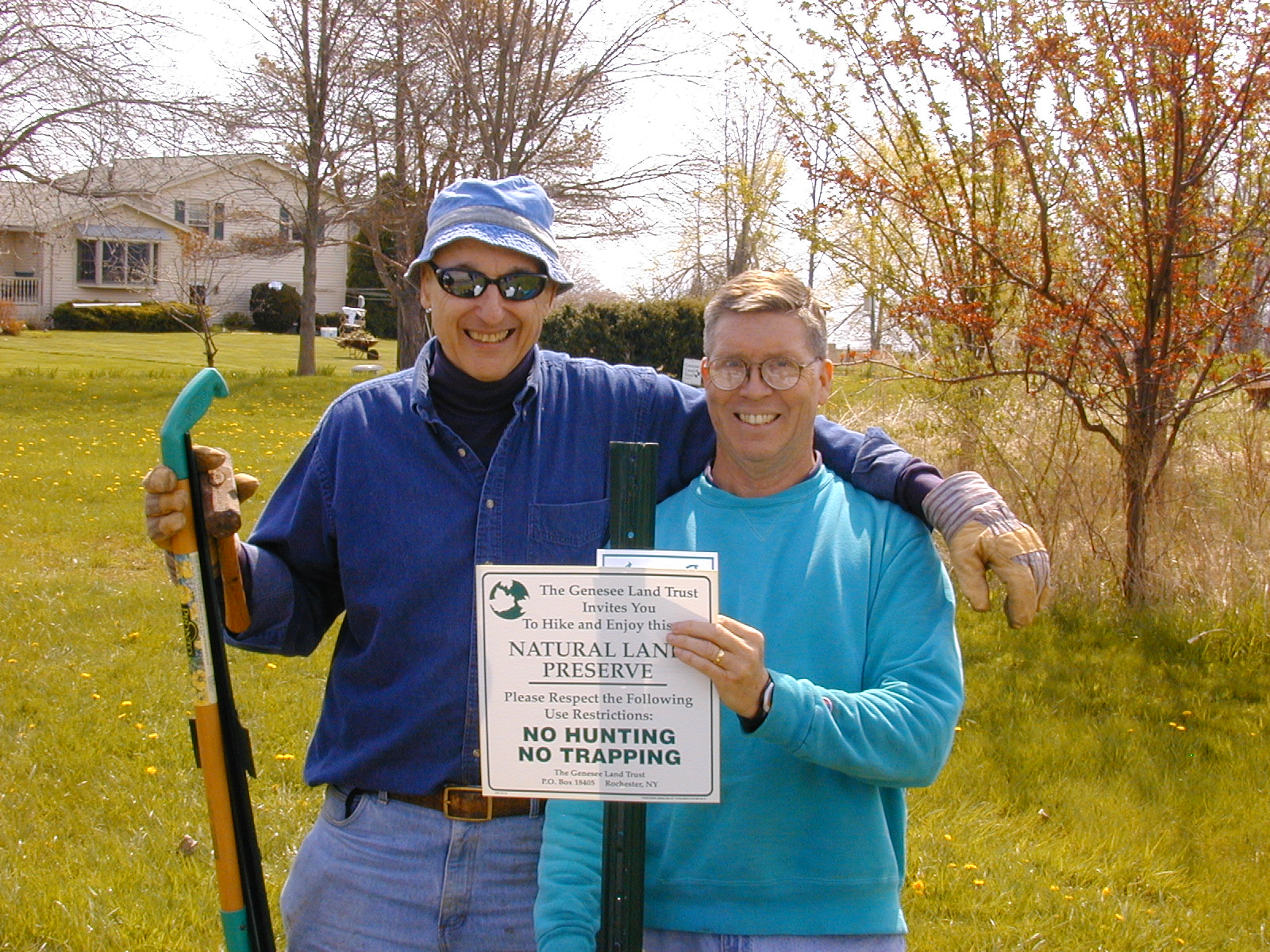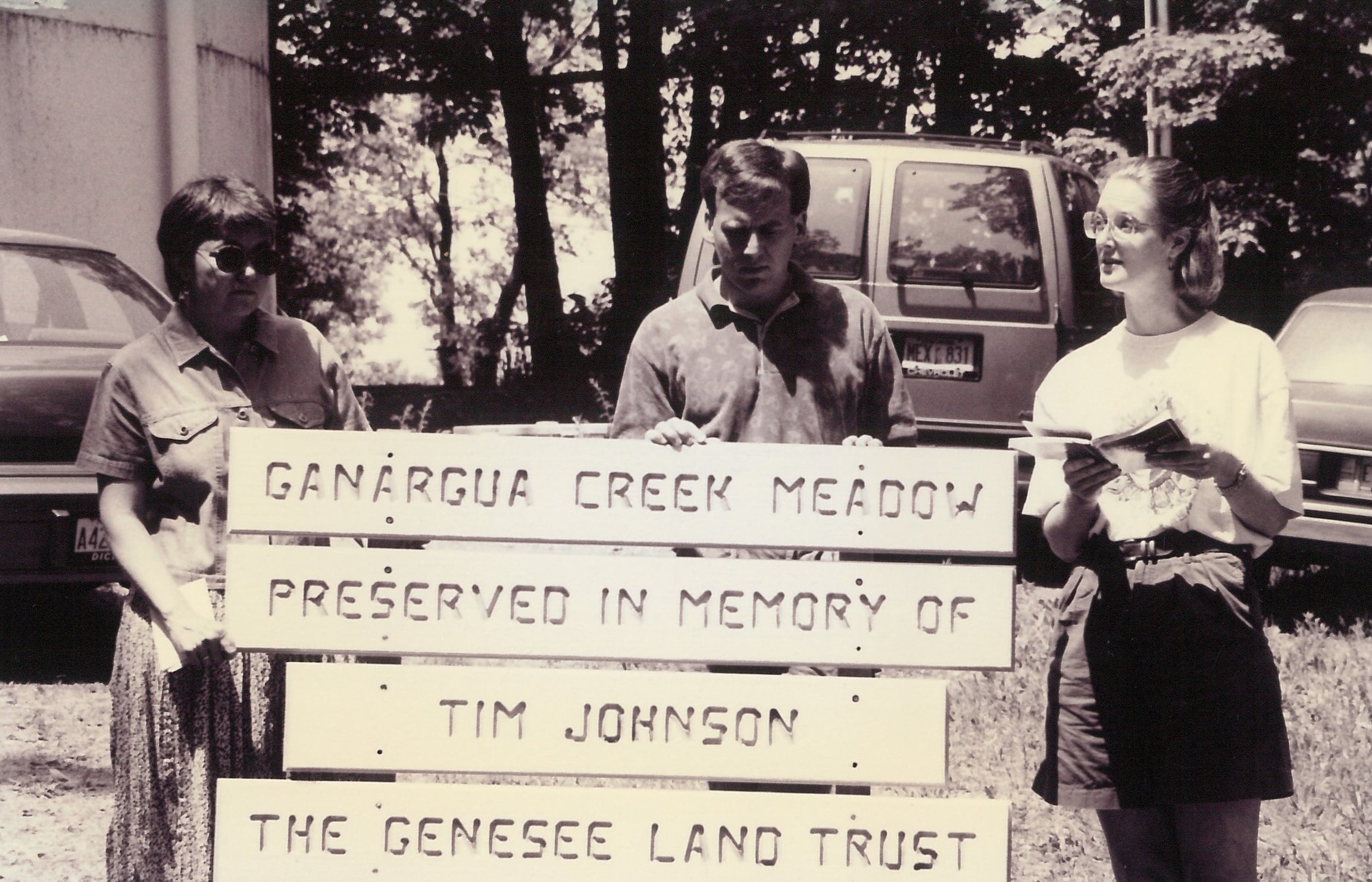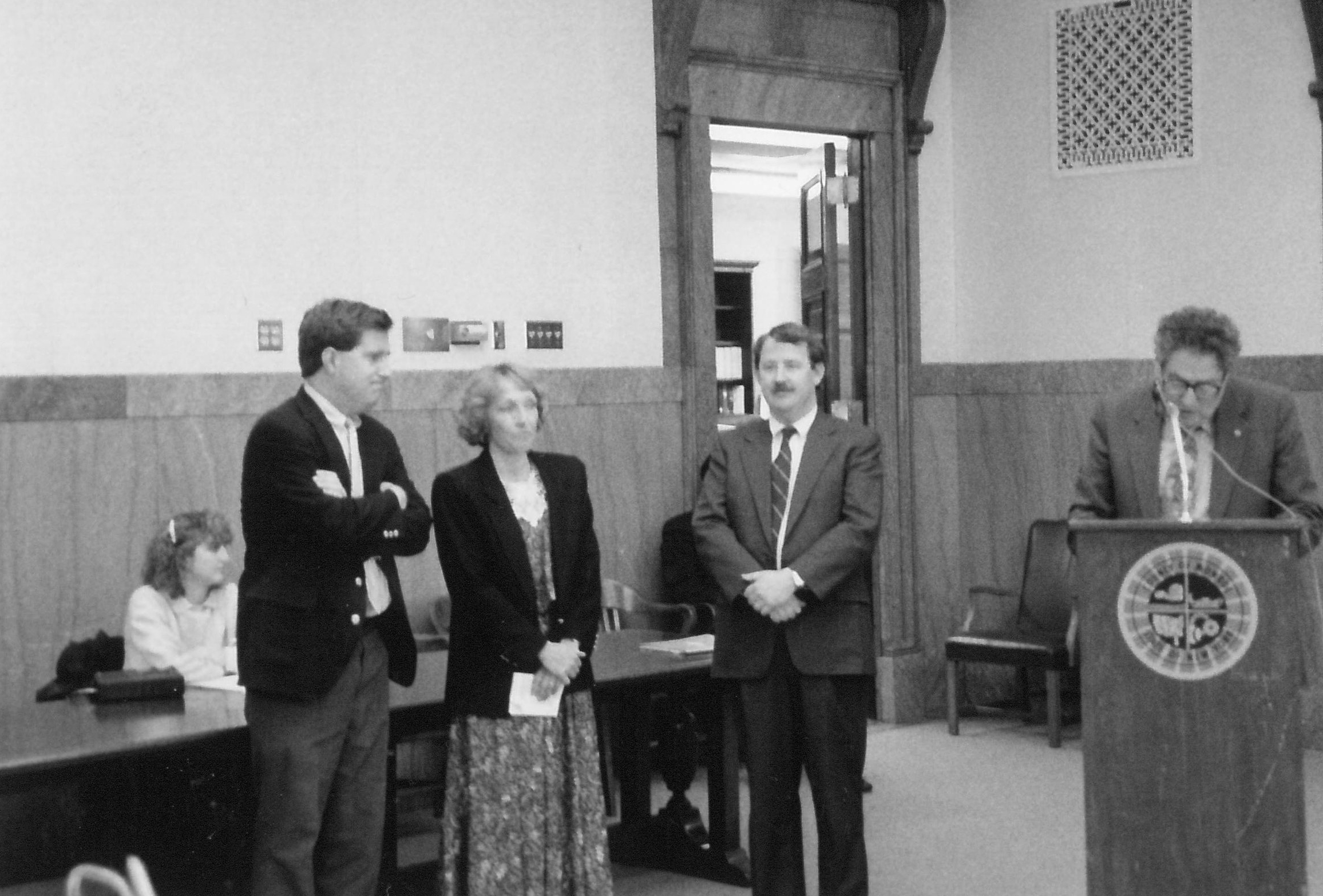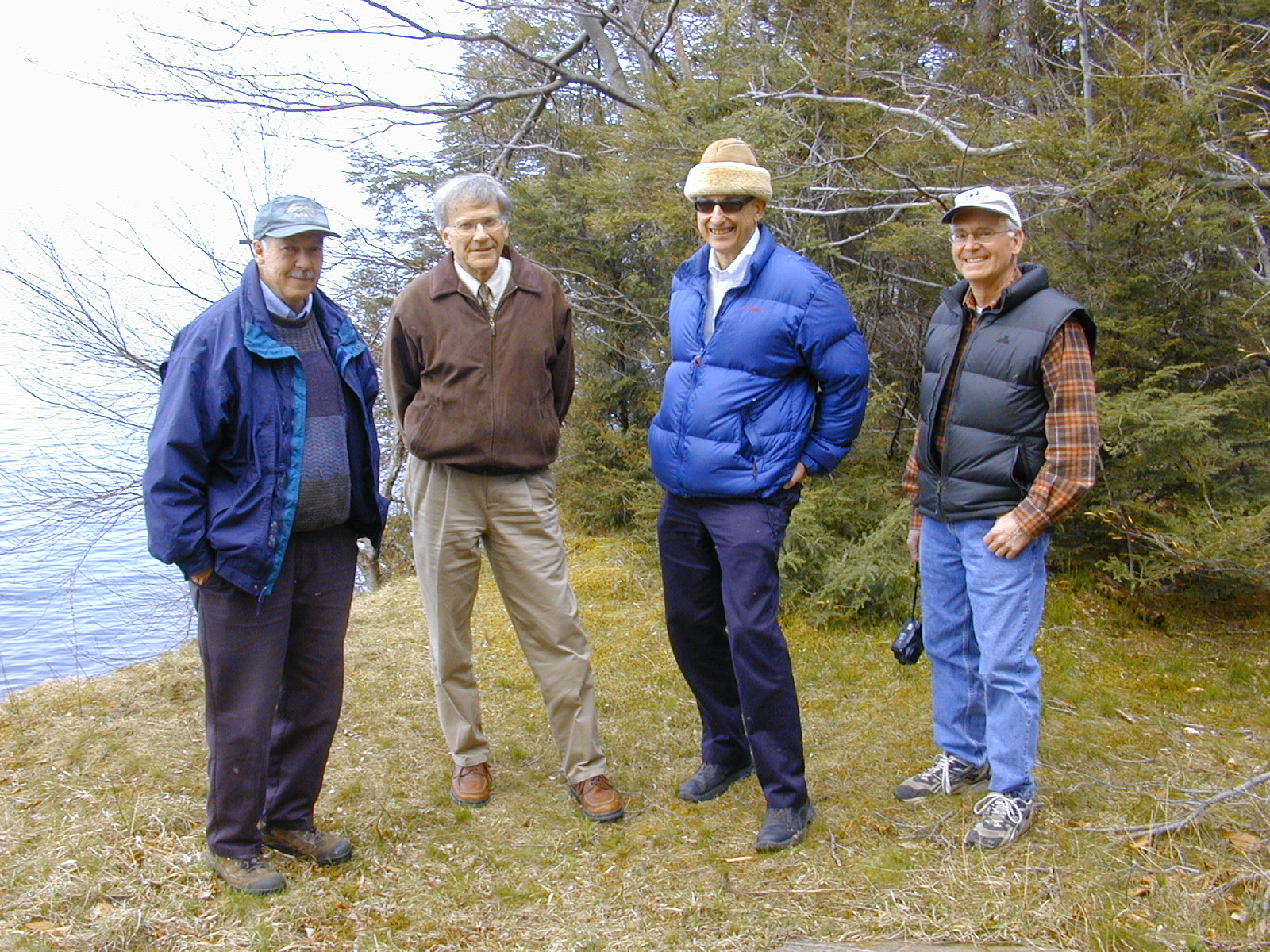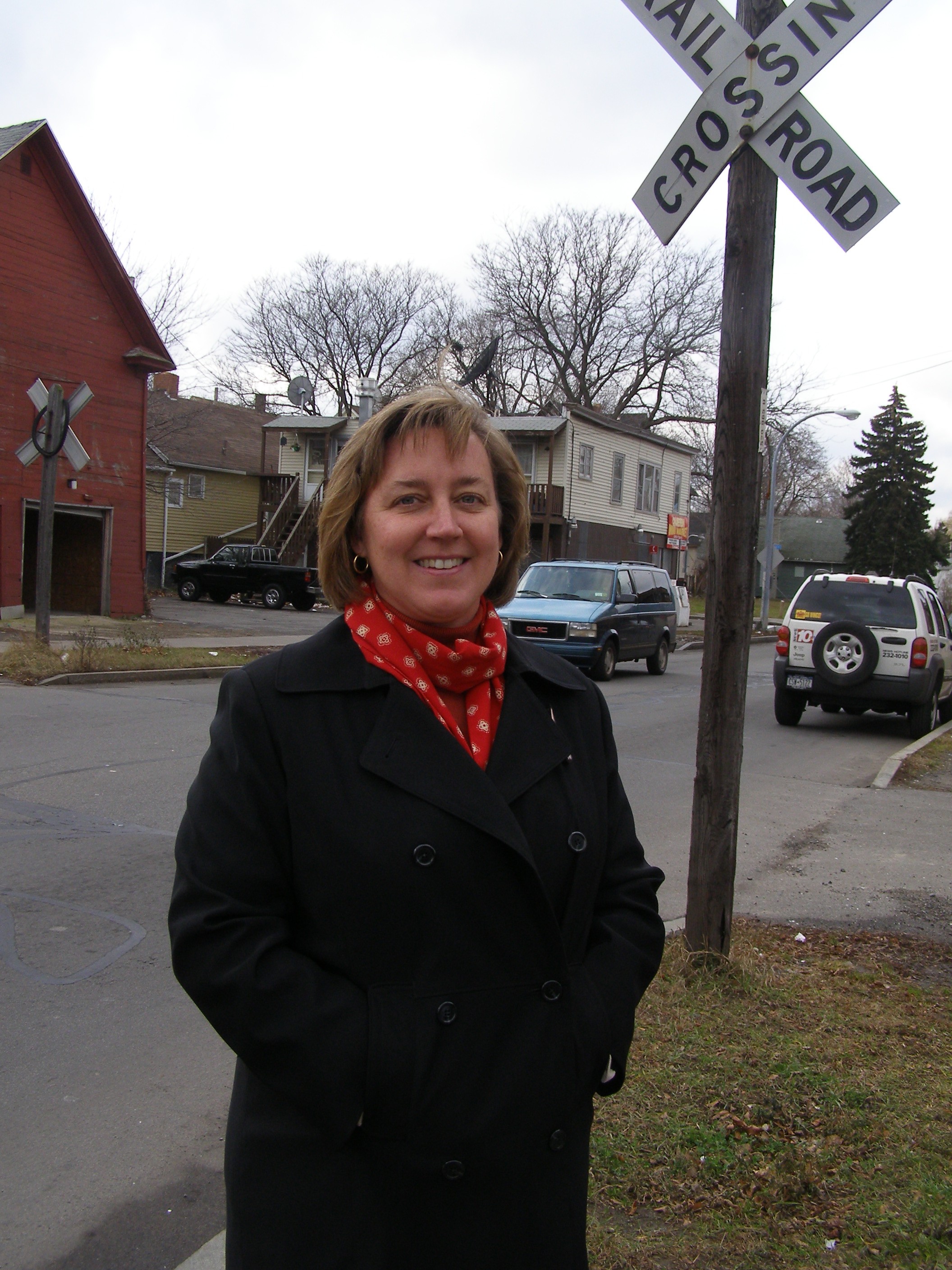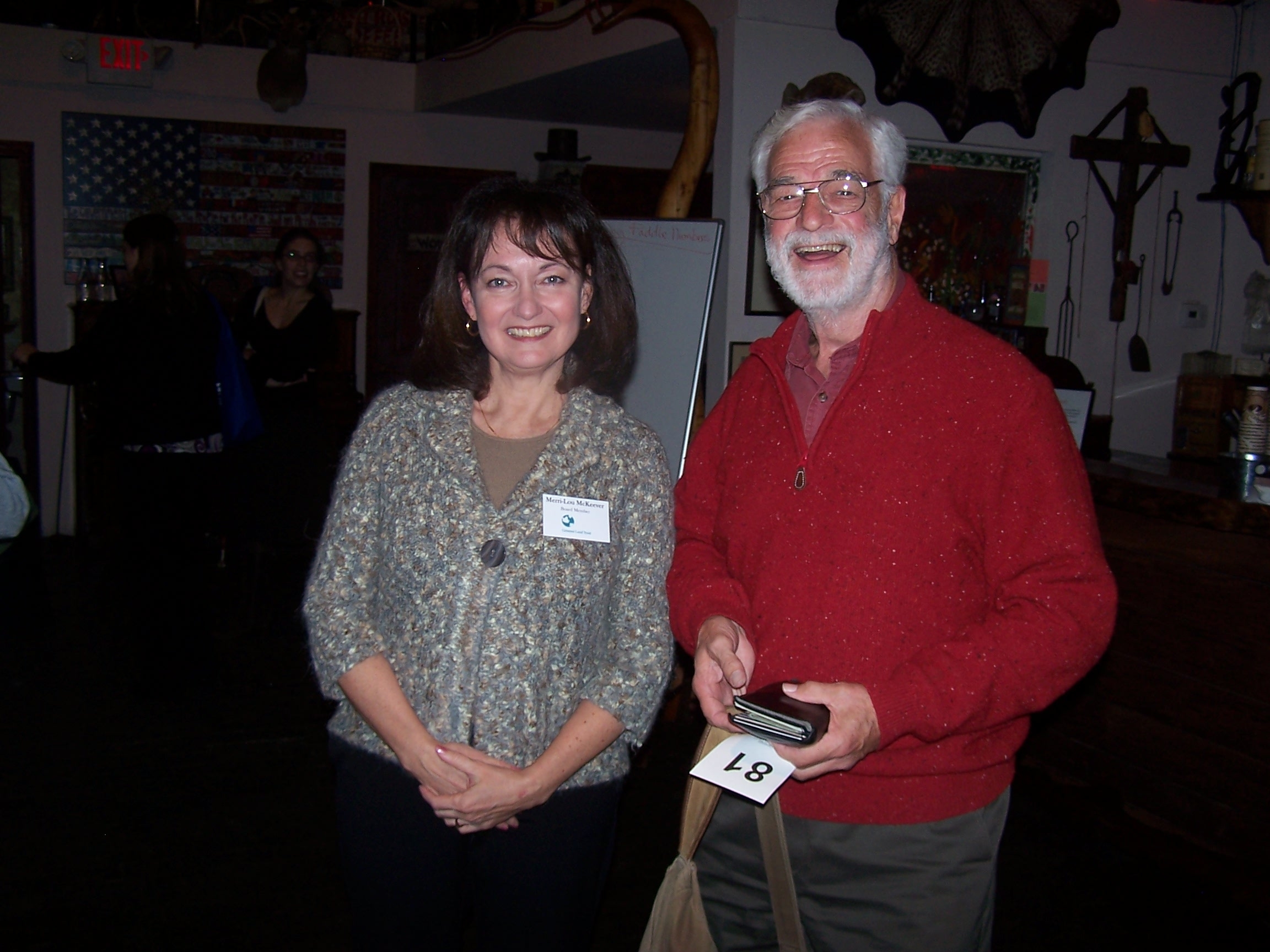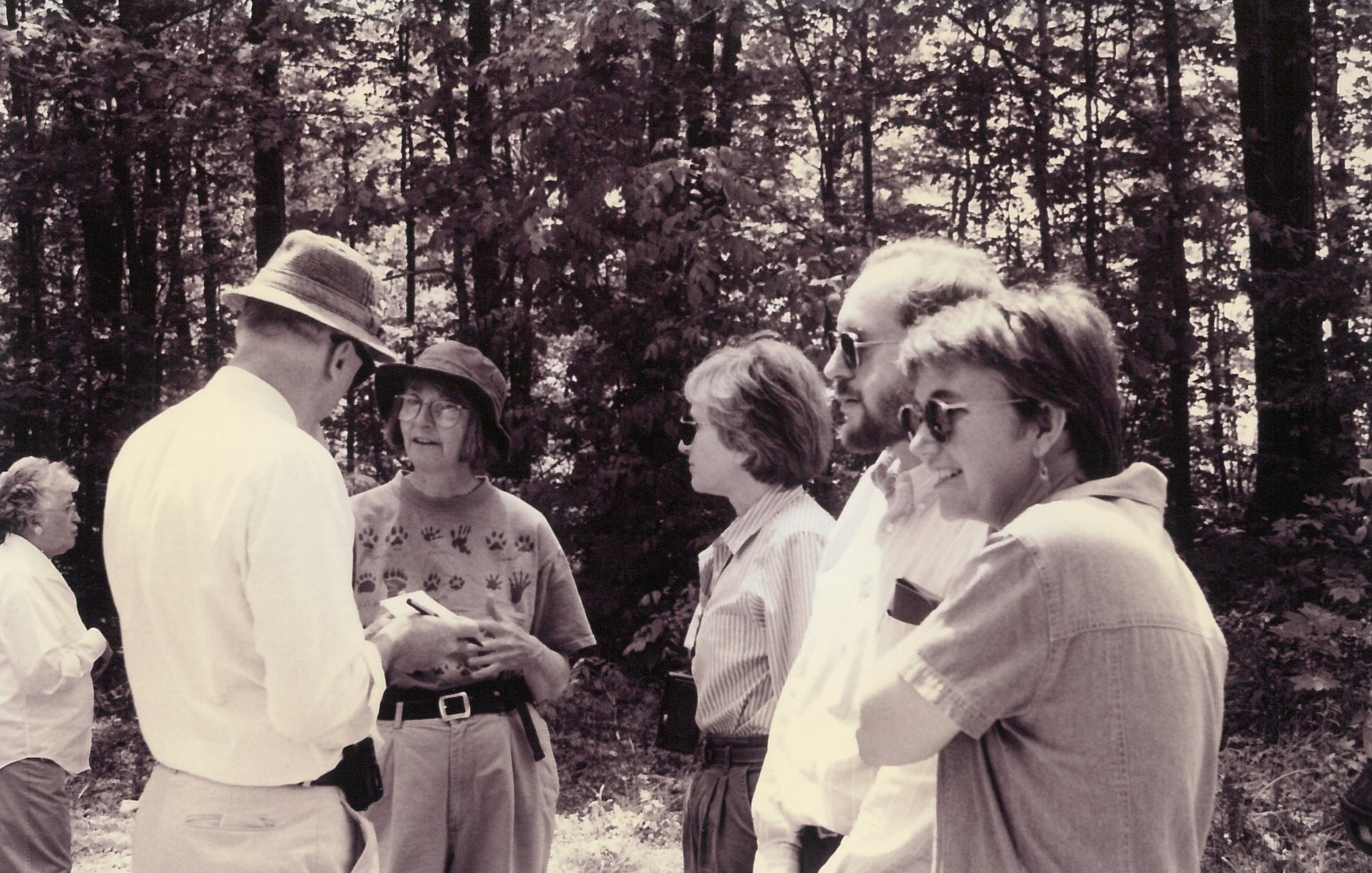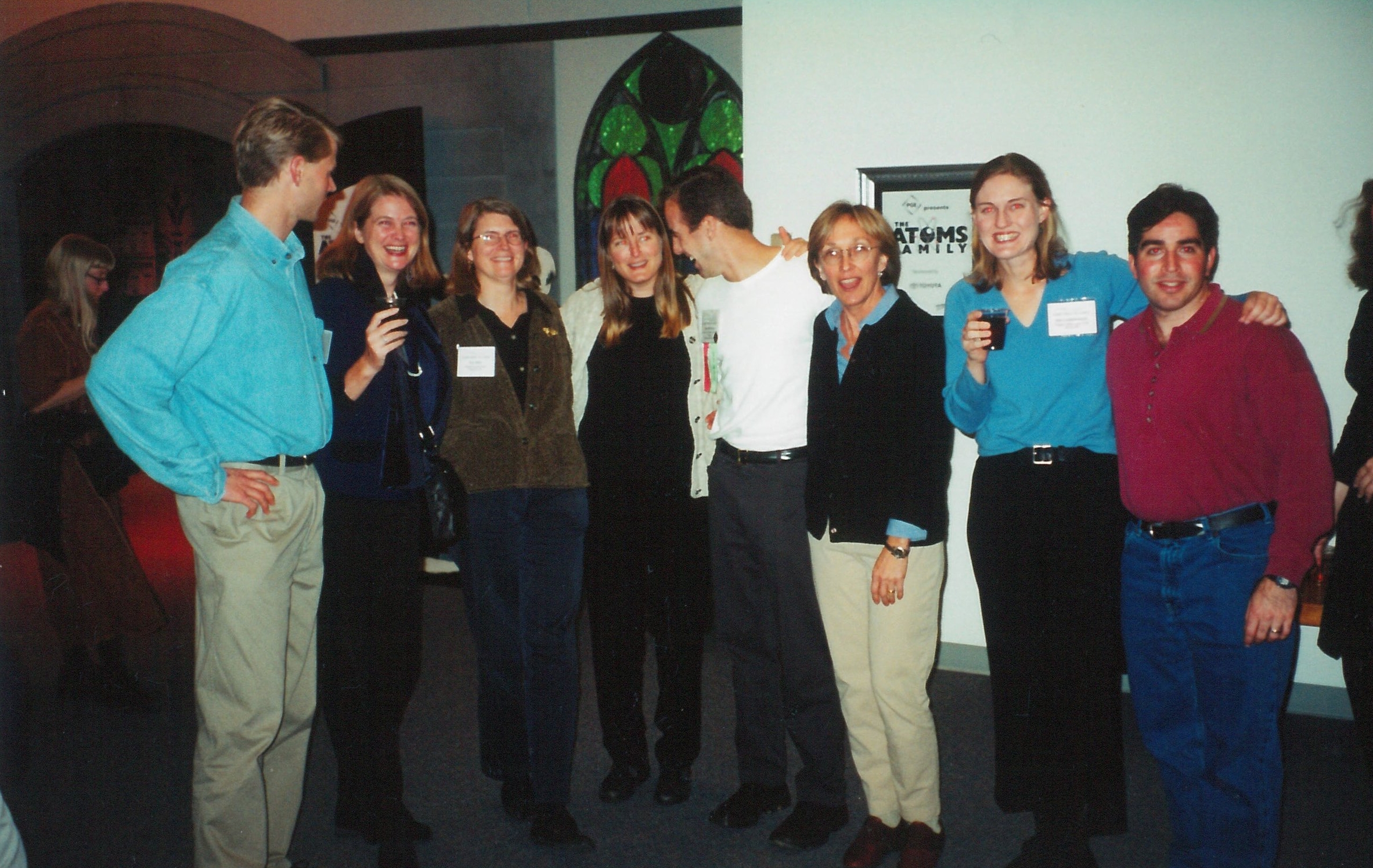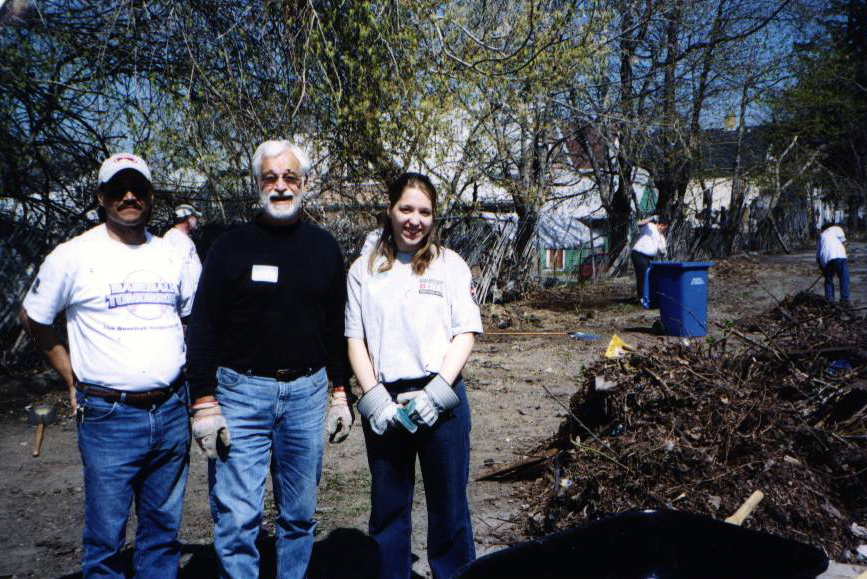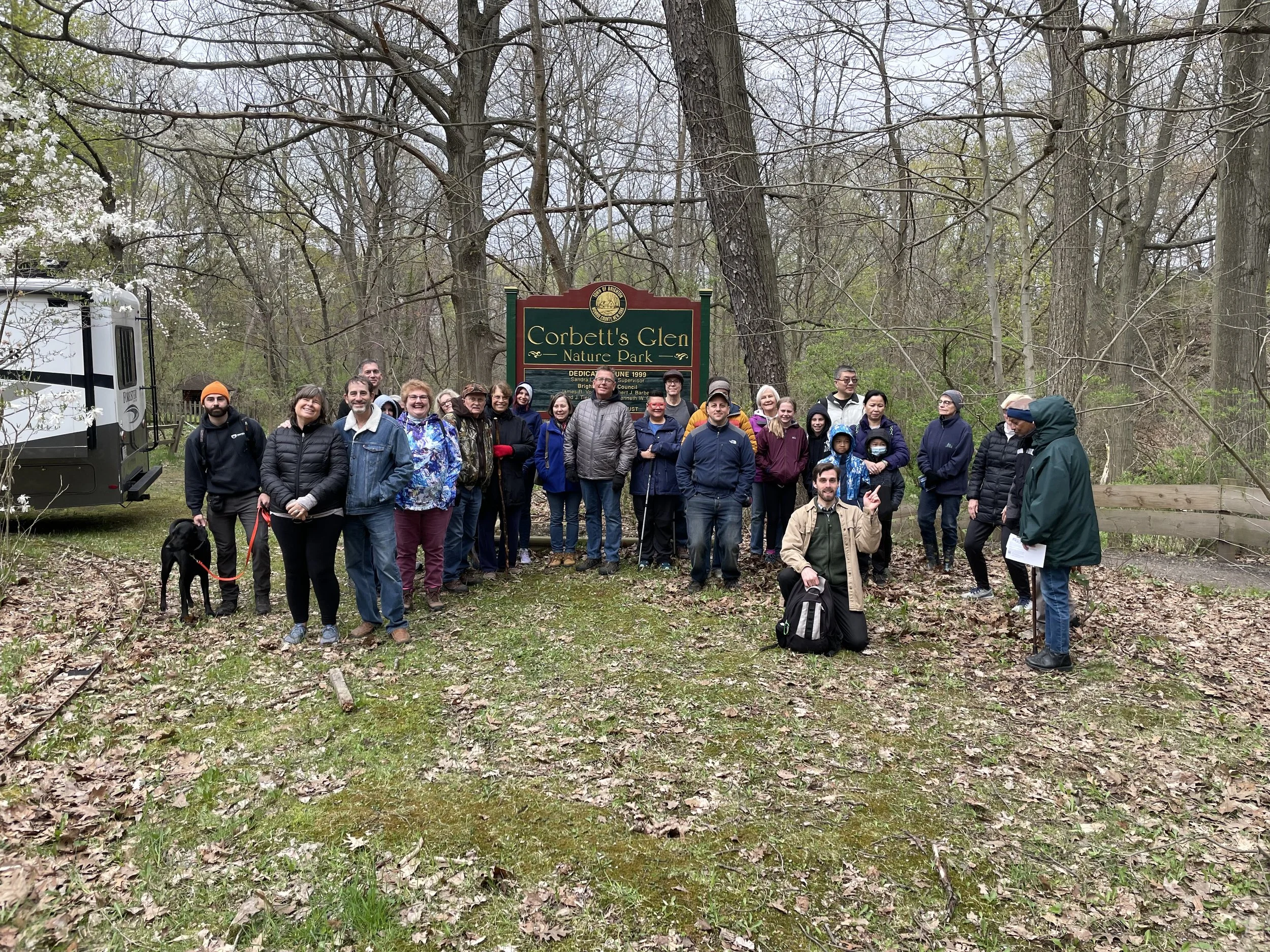What is a land trust?
Land trusts are community based and deeply connected to local needs, so they work to identify and conserve land that offers natural habitat as well as land with recreational, agricultural, and community value from the countryside to the inner city.
Individuals, families, and communities choose to work with land trusts to conserve land that they love for the future. Land trusts accept donations of land, purchase land, and negotiate private voluntary conservation agreements on land and then care for and manage the land for the benefit of generations to come.
Wetlands, farms, wildlife habitat, forests, waterways, urban gardens and parks, watersheds, trails, and river corridors are among the areas safeguarded by land trusts.
Land trusts are conservation organizations that are:
Community-based
Member and volunteer supported
Not-for-profit
Independent and non-governmental
There are more than 1,500 land trusts across the country that have conserved 56 million acres of land.
Our History
In 1989, a group of Rochesterians came together to create a new organization—Genesee Land Trust. Driven by their respect for the land, they established a local land trust working to protect native plant and wildlife habitat, wetlands, farmland, waterways, and scenic and recreational areas. The land trust is a tax-exempt, not-for-profit organization supported by membership gifts, grants, and other contributions.
Land protection, like clean water, is important to our quality of life. Studies have shown that people who exercise outdoors—walking, jogging, or biking through natural areas—are calmer, healthier, and happier than people who exercise indoors. We’re committed to protecting natural areas and creating opportunities for healthy activities outdoors and connections to nature for generations to come.

